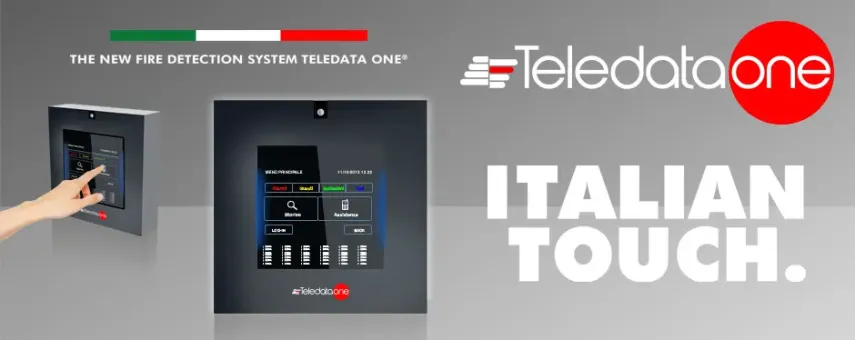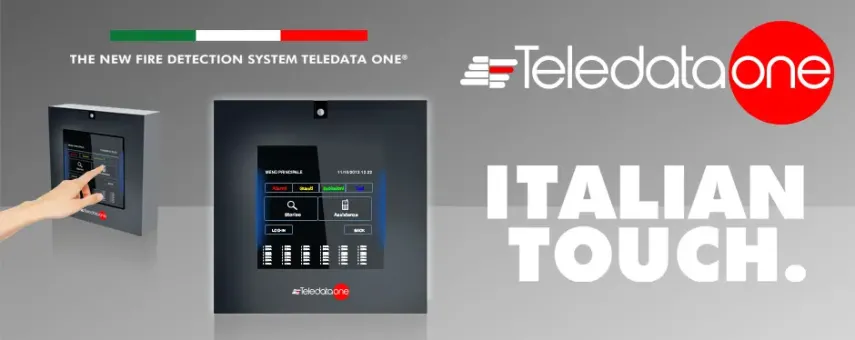Teledata smart home systems are highly technological and useful systems offered by Teledata company. In a smart home, white goods and air conditioning, ventilation, lighting systems, audio and video systems or security systems can communicate with each other. It can be controlled remotely by computer or mobile phone from anywhere over the internet.
These integrated home automation systems include humidity sensors, air quality probes, etc. It works with other measurement and control devices such as These systems, which are designed to contribute to the protection of the limited resources of our planet by controlling the consumption of air conditioning systems, lighting and even water consumption, are extremely advantageous.
Most of today’s home controllers have built-in monitoring systems where they calculate and log the usage of all connected devices, giving the home owner more insight and information to make changes according to the needs of the home. So, what are the benefits of Teledata smart home systems? Let’s examine all the details together.

Benefits of Teledata Smart Home Systems
Smart homes leverage modern building techniques and automation technology to give homeowners a new level of control. Smart homes can be built from scratch or built without extensive renovation or refurbishment, with automation as a key design goal.
Either way, smart homes offer several advantages over traditional homes:
Comfort
Convenience is one of the biggest reasons people build and buy smart homes. These houses provide their users with remote access to all systems and equipment that are part of the facilities throughout the house, such as heating and cooling, ventilation, intercom, music and multimedia devices.
Security
Smart homes include advanced security systems with cameras, motion sensors, and in some cases a link to the local police station or private security company. Smart homes may also use access cards or fingerprint recognition instead of traditional locks, making it difficult for anyone from outside the home to log in.

More Accessibility
A smart home for elderly or disabled residents may have accessibility technologies. Voice command systems can control lights, lock doors, operate a phone or use a computer. Home automation allows a person to set a schedule for automated tasks such as watering the lawn, eliminating the need to regularly perform these labor-intensive tasks.
Energy efficiency
Smart homes offer greater energy efficiency. Lighting systems of a room or room can be controlled to turn on and off automatically via presence detectors, and air conditioning systems can be directed or programmed automatically or remotely according to the needs and comfort of home users.
